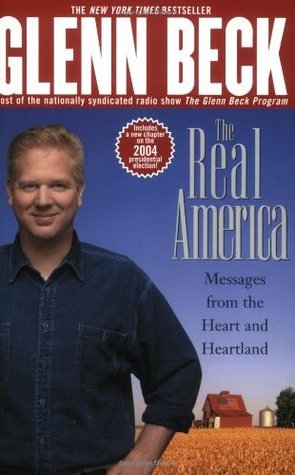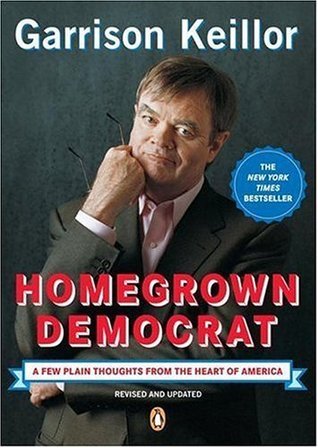
The Real America: Messages from the Heart and Heartland
Book Description
America is a land of dreams and struggles, where the pulse of the heartland resonates with untold stories of resilience and hope. Glenn Beck delves deep into the soul of the nation, uncovering heartfelt messages that challenge conventional wisdom and ignite a spirit of unity. Through vivid narratives and stirring insights, he paints a portrait of an indomitable spirit fighting against the darkness of division and despair. Each chapter invites readers to explore the essence of what it truly means to be American at this pivotal moment in history. Will the heart of America triumph over its trials?
Quick Book Summary
"The Real America: Messages from the Heart and Heartland" by Glenn Beck explores the core values, hopes, and challenges that define the American experience. Weaving together personal anecdotes, stories from ordinary Americans, and historical reflections, Beck seeks to remind readers of the enduring spirit that characterizes the nation. He addresses contemporary political polarization, the erosion of foundational principles, and the struggle for unity amidst adversity. By highlighting resilience, faith, and the importance of family and community, Beck offers both a critique and a celebration of American ideals. The book is both a call to remember the greatness that resides within the American heartland and a plea for renewal through authentic connection and shared purpose.
Summary of Key Ideas
Table of Contents
Resilience and Hope in the American Spirit
Glenn Beck’s narrative opens by spotlighting the resilient spirit found across America’s heartland. Through moving vignettes and interviews, he reveals people from varied backgrounds who find hope even in hardship. These stories set the stage for understanding that American identity isn’t born from material wealth or power, but from an ingrained determination to persevere and dream, no matter the odds. Beck drives home the point that the real America is best observed away from political headlines—among those who quietly live and embody the nation’s enduring optimism.
The Importance of Faith and Values
A central theme in the book is the pivotal role of faith and foundational values. Beck argues that traditional beliefs, rooted in Christianity but also present in other faiths, provide Americans with a moral compass in turbulent times. He discusses how faith communities sustain their members through social upheaval, economic uncertainty, and personal loss. By shining a light on moments of forgiveness, charity, and steadfastness, Beck suggests that these values are the glue binding America together.
Overcoming Division and Seeking Unity
Political and social divisions form another cornerstone of Beck’s discussion. He expresses concern over the rising polarization that threatens to upend national unity. Using examples from recent history and present-day events, Beck not only diagnoses rifts but also highlights gestures of reconciliation and dialogue. He contends that genuine unity springs from empathy, respect for differing views, and the willingness to engage with those outside of one’s own echo chamber.
The Role of Family and Community
Family and community emerge as vital threads in the American fabric. Beck emphasizes stories where familial bonds and local networks serve as lifelines during times of crisis, from natural disasters to economic downturns. He points out that community engagement—whether at church, school, or service organizations—fosters a sense of belonging and instills responsibility. Beck asserts that such collective ties nurture the virtues needed to stabilize society and help individuals find meaning beyond themselves.
Learning from the Past to Shape the Future
The book concludes by urging readers to reflect on America’s past to inspire its future. Beck recounts lessons from history that illustrate how adversity has repeatedly been met with ingenuity and solidarity. He calls for an honest reckoning with mistakes while championing the country’s capacity for renewal. Ultimately, Beck’s message is one of hope: that by reconnecting with core values and each other, Americans can transcend their divisions and reclaim the spirit that has always made their nation resilient.
Download This Summary
Get a free PDF of this summary instantly — no email required.





